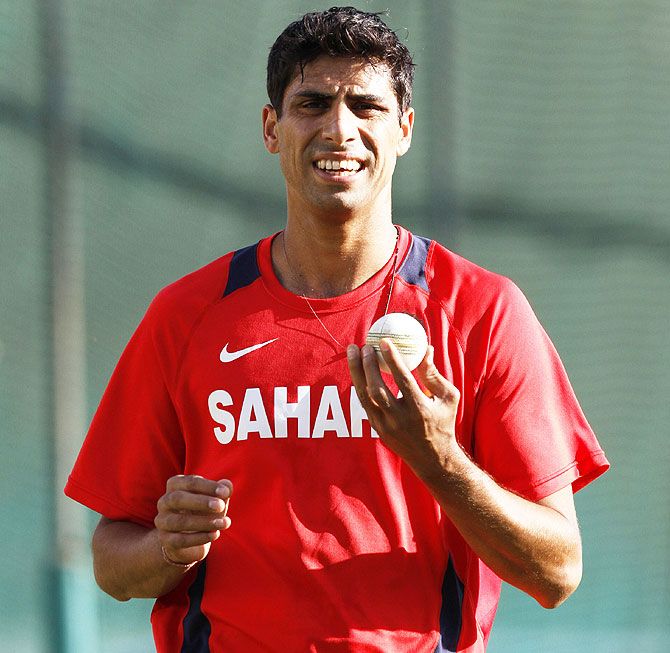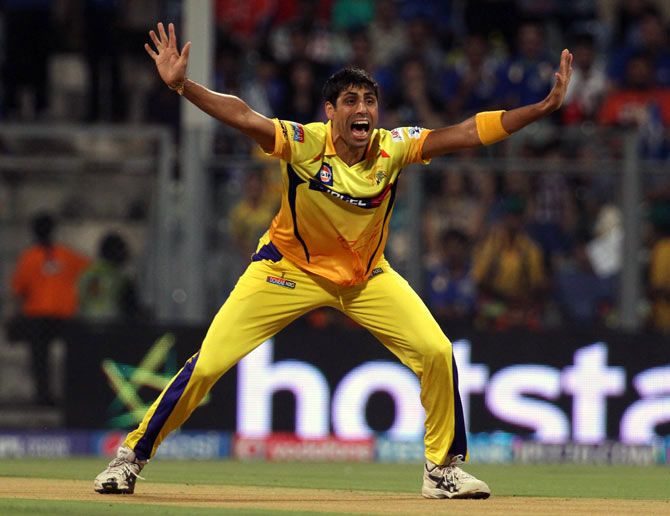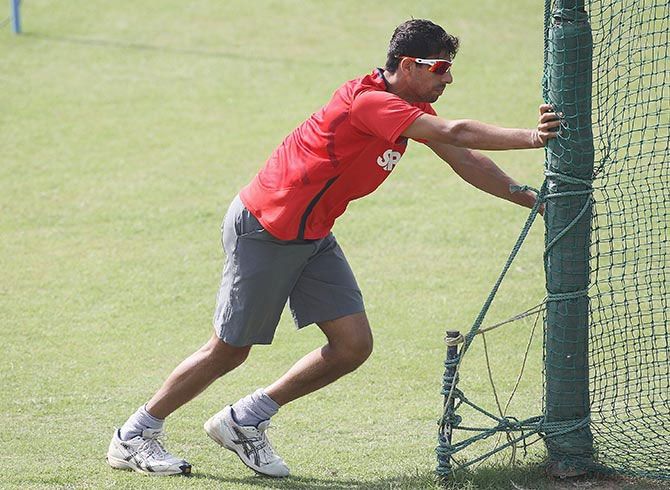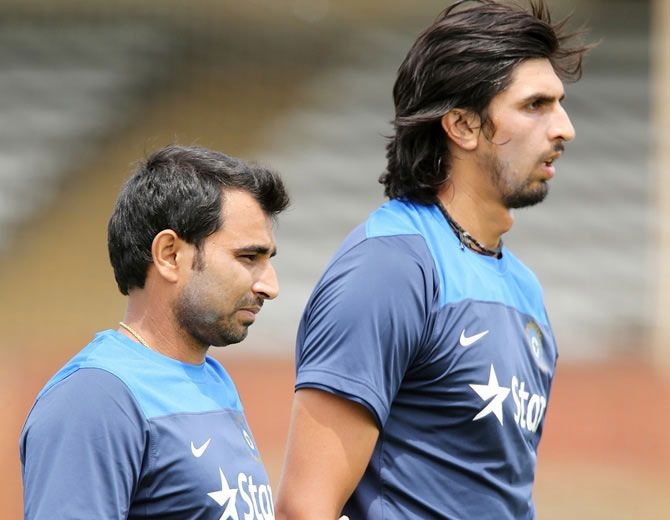The left-arm pacer, who was sidelined for five years, will make a return to the India squad for the Twenty20s against Australia. He also urges BCCI to nurture and look after bright fast bowling prospects

Disappointed at being ignored for five years, veteran Indian pacer Ashish Nehra said it is absolutely imperative for him to perform well in the upcoming Twenty20 series in Australia to have any shot at selection for the World Twenty20.
The 37-year-old last played for India in the semi-final of the victorious 2011 World Cup campaign against Pakistan. After missing the final due to a finger injury, he was overlooked for nearly five years before being recalled for the three-match T20 series against Australia starting January 26 in Adelaide.
The left-arm pacer made a return to the Indian team on the back of an impressive Indian Premier League season, where he finished fourth on the wicket takers’ list with 22 scalps from 16 games.
"I was surprised when they were not picking me for the last 2-3 years to be honest. Better late than never. Hopefully I can do well, I am just working hard," Nehra who has picked 157 wickets from 120 ODIs and 13 scalps from eight T20 Internationals, told ESPNCricinfo.
"If I go to Australia and play the World T20 (in India in March-April) and deliver, people will say 'Oh he should have been there earlier. If I don't people will say ‘it was right that they didn't pick him'
“That's how it works in India. Whatever is gone is gone, I am just looking forward and hopefully everything will go my way," he said.

The injury-prone Delhi pacer admitted that it was difficult at times to motivate himself when he was in the wilderness.
"I have always worked hard to play international cricket. Once you have been there, you know how much pleasure you get playing for India. There were times when it was very difficult for me to motivate myself, despite not being picked, to go to the gym or ground and train. It was difficult," Nehra said.
He said he wants to double up as a mentor to India's emerging crop of fast bowlers on his return to the national side.
"This is a short tour, but whatever little I can help the youngsters, I will. If I can play till the World T20, I will definitely look at that job, I have done it for Chennai Super Kings and I really enjoyed it. Most of the bowlers have different strengths, but you can't buy experience.
"I made my debut 17 years ago. In the sub-continent, somebody like me, who has had so many injuries, undergone 10-12 surgeries, still standing there and playing the fastest format of all, it has taught me something which I can pass on to the youngsters and give my experience."

Nehra does not believe in the notion that only younger players can do well in the T20 format.
"People say T20 is a young man's game, all those theories I don't believe in. Age is just a number for me. If you can keep yourself fit, you can keep playing," he said.
"You have to be on top of your game, especially as a bowler and the kind of job I do, bowling 2-3 of the first six overs and one or two in the last four. In the sub-continent or outside also these days, wickets will be flat. You have to physically fit and mentally strong, especially as a bowler. "It's a fast game but I have been playing IPL, and that's a big boost. The intensity is good as international cricket."
Nehra also urged greater consistency in the selection of fast bowlers for national duty and said it was important to "look after and nurture" pacers to ensure they can have an extended stint at the international level.

"For ODIs and T20s, you have to choose your 5-6 bowlers, that these are the guys we are going to back. I know it is very difficult sometimes for the captain and selectors; sometimes when you lose series you are picking different bowlers and nobody settles in," he said.
"If somebody says India does not have talent, I won't agree. The only thing is you have to look after them well, nurture and support them. When Test cricket is not on and you have 3-4 bowlers who only play T20s and ODIs, you have to keep an eye on them. How to look after fast bowlers is very important, if you want them to sustain for 10-12 years and play for India.
“When they are young, 90% of fast bowlers don't know what to do. When they mature, sometimes it's too late. Injuries are a major part of fast bowling as well, like we've seen with (Mohammed) Shami, Ishant (Sharma) and Mohit (Sharma). Even if you see Australia right now, Nathan Coluter-Nile, (Mitchell) Starc and (Pat) Cummins are all injured, so Australia is almost playing with their second string of bowlers."












 © 2025
© 2025